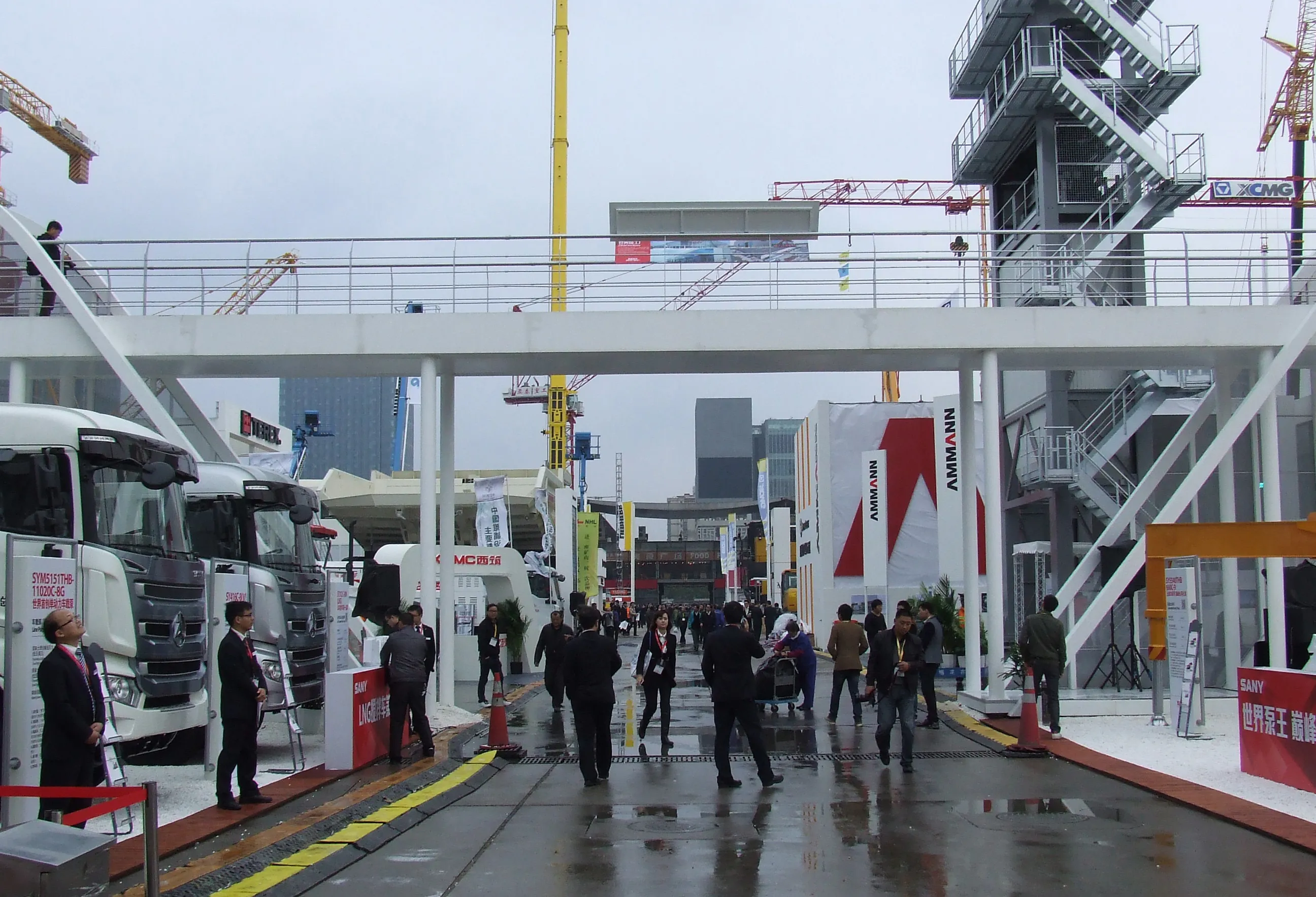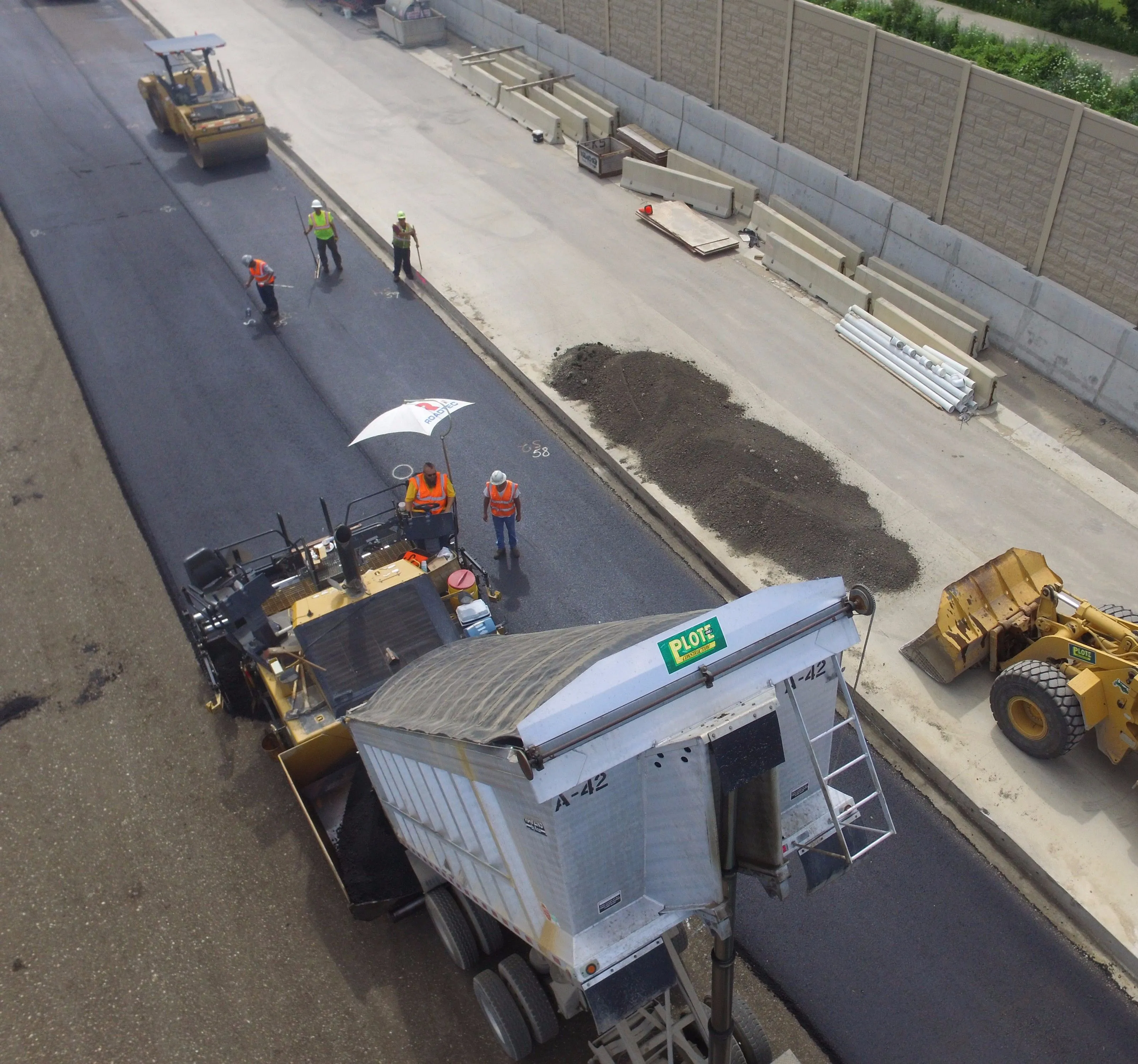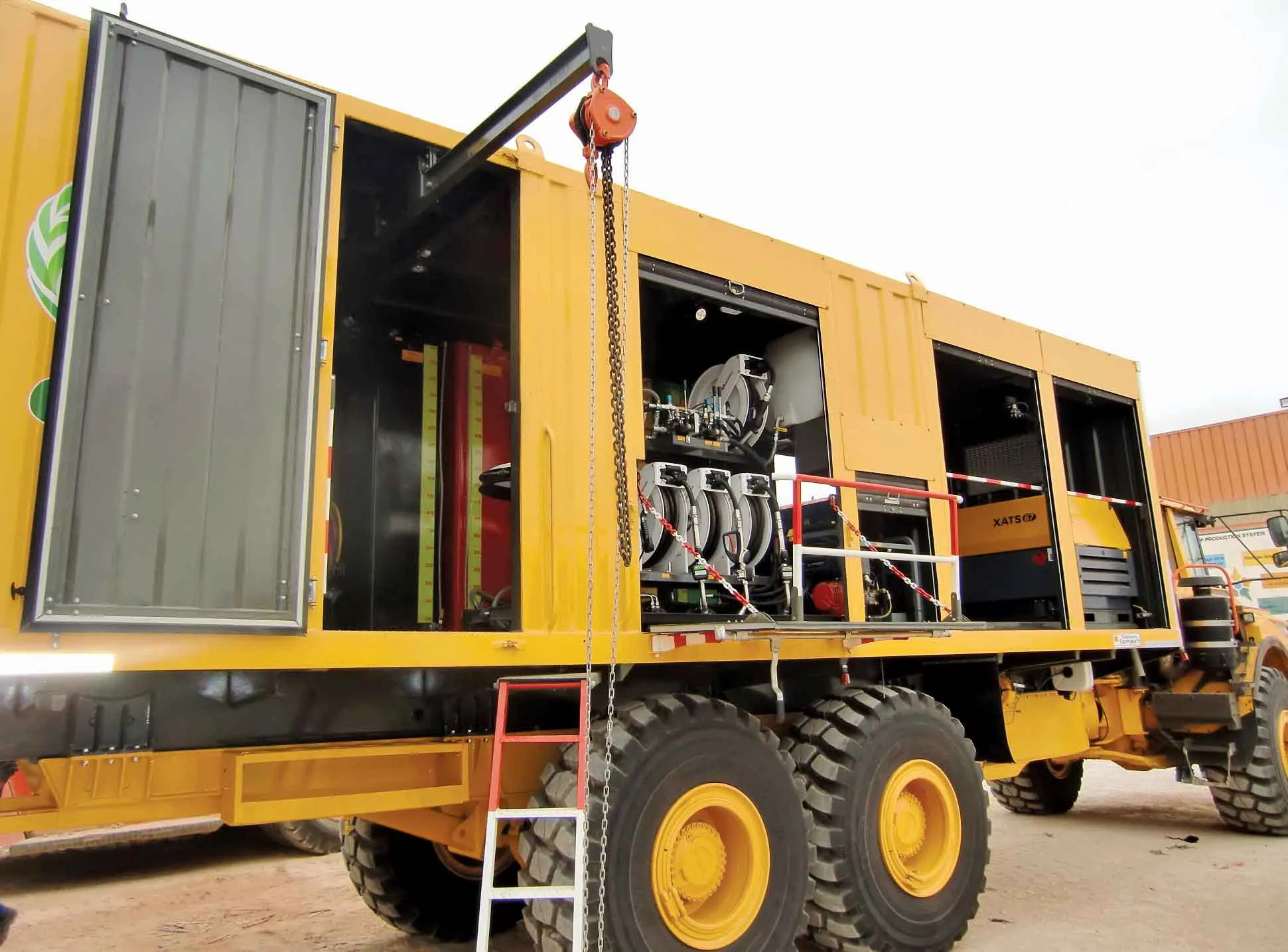While the use of GPS is now commonplace in industry there are locations that do not get a reliable signal throughout the working day. The location, geographical layout and depth of a quarry can cause 'canyoning', where GPS signals are not dependable.Poor signals make GPS-based machine tracking technology unreliable but a Canadian firm has an RFID-based system it believes could be the answer for such sites. This cost effective QuarryTag system has been adapted from a product that has been widely used by the
February 20, 2012
Read time: 2 mins

While the use of GPS is now commonplace in industry there are locations that do not get a reliable signal throughout the working day. The location, geographical layout and depth of a quarry can cause 'canyoning', where GPS signals are not dependable.
Poor signals make GPS-based machine tracking technology unreliable but a Canadian firm has an RFID-based system it believes could be the answer for such sites. This cost effective QuarryTag system has been adapted from a product that has been widely used by the road paving market since 2007.
"QuarryTag was launched in March last year after one of our customers in North America asked for the PaveTag system to be adapted for its quarry operation," explained2858 Minds regional sales manager Curtis Kieres. "The customer had tried GPS solutions but the signals at the site were not reliable enough. The company was already aware of the system for the road construction sector so asked for a similar solution."
"The issue for many road and quarry operators is that the trucks are often owned by haulers so they won't invest in GPS receivers. The RFID tags used by both QuarryTag and PaveTag cost around US$40 and are very easy and cheap to install." Kieres explained that the PaveTag system works on the basis of a moving geofence but the QuarryTag solution is simpler as the site is not continually moving. "QuarryTag does not use cellular or satellite networks but uses wifi to link the information from the trucks to the weigh station or office," he said.
The quarry, which has now been using the system for over a year, was the first customer to use the system and reported that any percentage of efficiency gain in the cycle times was significant to its business due to the hourly costs of running the hauling fleet. It also allows the operator to check the productivity of each driver or truck. "The information can be analysed through a web-based portal called E-Routes that can provide customised reports and alerts for operators," explained Kieres.
Poor signals make GPS-based machine tracking technology unreliable but a Canadian firm has an RFID-based system it believes could be the answer for such sites. This cost effective QuarryTag system has been adapted from a product that has been widely used by the road paving market since 2007.
"QuarryTag was launched in March last year after one of our customers in North America asked for the PaveTag system to be adapted for its quarry operation," explained
"The issue for many road and quarry operators is that the trucks are often owned by haulers so they won't invest in GPS receivers. The RFID tags used by both QuarryTag and PaveTag cost around US$40 and are very easy and cheap to install." Kieres explained that the PaveTag system works on the basis of a moving geofence but the QuarryTag solution is simpler as the site is not continually moving. "QuarryTag does not use cellular or satellite networks but uses wifi to link the information from the trucks to the weigh station or office," he said.
The quarry, which has now been using the system for over a year, was the first customer to use the system and reported that any percentage of efficiency gain in the cycle times was significant to its business due to the hourly costs of running the hauling fleet. It also allows the operator to check the productivity of each driver or truck. "The information can be analysed through a web-based portal called E-Routes that can provide customised reports and alerts for operators," explained Kieres.









